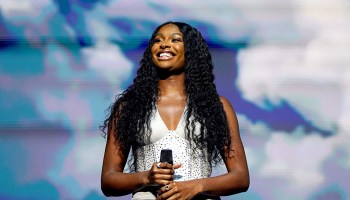LIttle Known Black History Fact: Barbados Independence
From 1865 to 1966, the island nation of Barbados was occupied and colonized by the British and English. On November 30, 1966, Barbados became the fourth English-speaking nation to gain its independence.
In the 1620s, English settlers arrived to the islands, which was occupied by natives of South America. By the 1640s, sugar cane production began on the island, naturally igniting the use of slave labor, which persisted across the country until the 1800s.
In 1816, a West African man named Bussa who was born free and later enslaved led the largest slave revolt on the island, but was defeated by British forces. The British abolished slavery in 1807 but slaves were still secretly held. Bussa’s Rebellion, as it is typically known, revealed the truth. By 1834, slavery was all but abolished across the British Empire.
Plans for independence began in the 1950s, with Errol Walton Barrow, who would become the nation’s first prime minister, leading the charge against British Barbadians and the conservative political party that enjoyed rule. Barrow is hailed as a National Hero for his efforts politically, including instilling free education for all Barbadians. Barrow was also known for his social reform programs and for being a true champion of Black Barbadians as the island wrestled itself from British rule.
Along with Rihanna, other entertainers with Barbadian roots include LL Cool J, Doug E. Fresh, Cuba Gooding Jr., and several others.
HEAD BACK TO THE BLACKAMERICAWEB.COM HOMEPAGE














